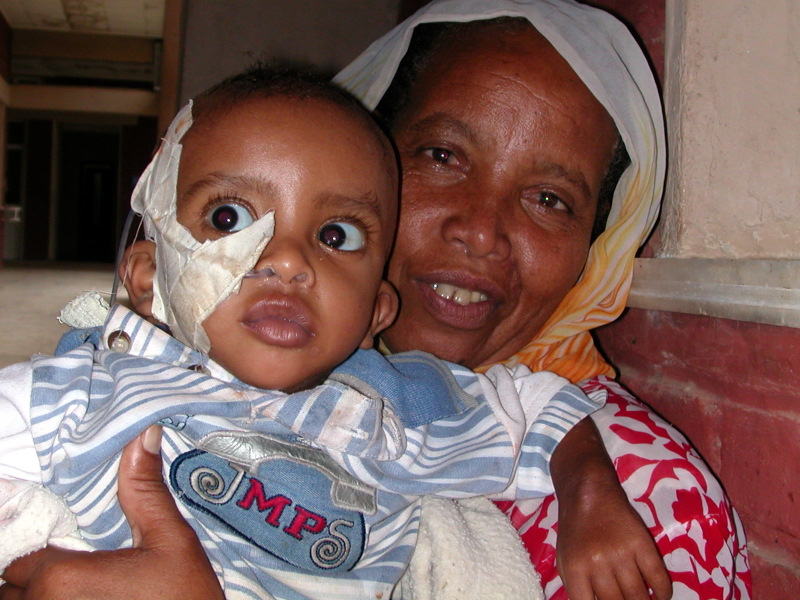Eritrea: A Deep Dive into the Horn of Africa Nation

Introduction
Eritrea, located on the east coast of Africa along the Red Sea, is a country that often remains under the radar in global discussions. Attracting attention for its strategic location and complex history, Eritrea’s importance lies in its unique cultural identity, ongoing political struggles, and its role in regional geopolitics. In light of recent events, understanding Eritrea is crucial for comprehending broader dynamics in the Horn of Africa.
Political Landscape and Recent Developments
Since gaining independence from Ethiopia in 1993, Eritrea has faced numerous challenges. The nation’s long-standing president, Isaias Afwerki, has ruled with an iron fist, leading to criticism for human rights abuses and suppression of free speech. Recently, Eritrea’s involvement in Tigray’s conflict with Ethiopia has drawn international scrutiny. Reports reveal that Eritrean troops have been accused of committing human rights violations in the region, a situation that has escalated tensions both internally and externally.
Economy and Humanitarian Concerns
Economically, Eritrea remains one of the most underdeveloped nations, heavily reliant on agriculture and remittances from its diaspora. The COVID-19 pandemic exacerbated already precarious food security issues, with the UN reporting a critical humanitarian scenario, where nearly half of the population requires some form of assistance. International agencies highlight the challenges posed by economic sanctions and the government’s approach to dissent.
Culture and Society
Eritrea is rich in cultural diversity, home to various ethnic groups and languages. This unique melange is manifested in its traditions, music, and cuisine, making Eritrea a vibrant nation despite its political struggles. Initiatives are underway to preserve these cultural heritages and promote tourism as a potential avenue for economic growth.
Conclusion and Future Outlook
The future of Eritrea remains uncertain as internal and external pressures mount. Changes in leadership, economic reforms, or improvements in human rights practices could redefine its trajectory. For citizens and the international community, understanding the intricacies of Eritrea is vital for fostering constructive dialogue and supporting sustainable development. As Eritrea navigates this complex landscape, the global community watches closely, hopeful for peace and progress in this often-overlooked nation.









